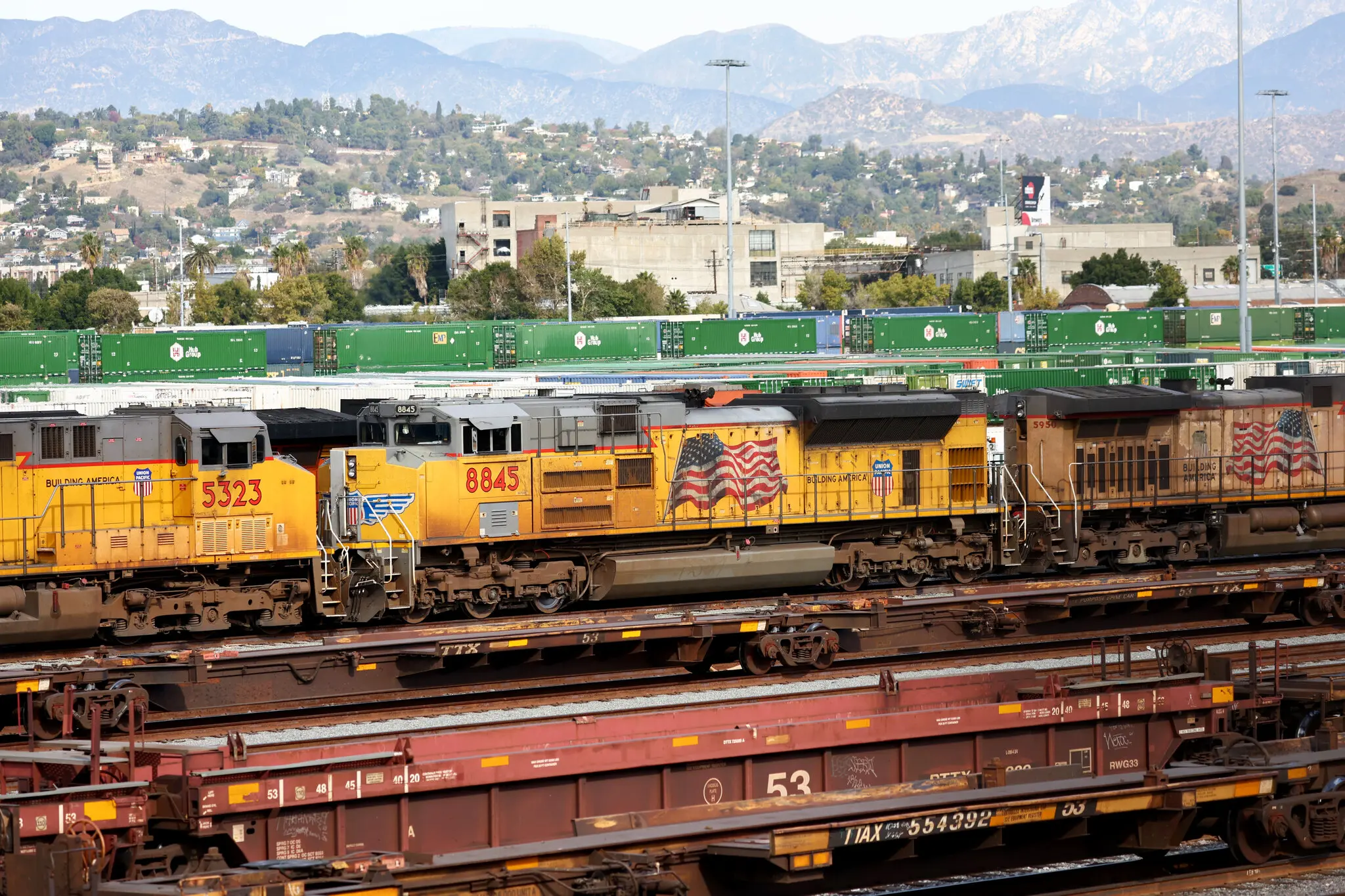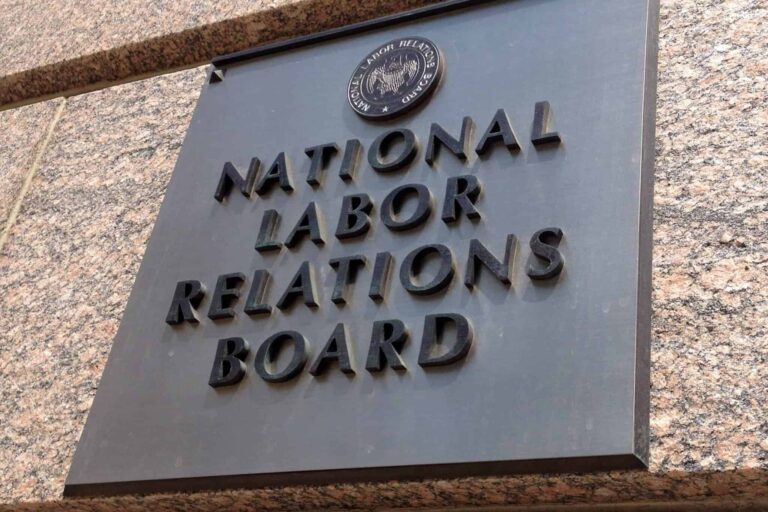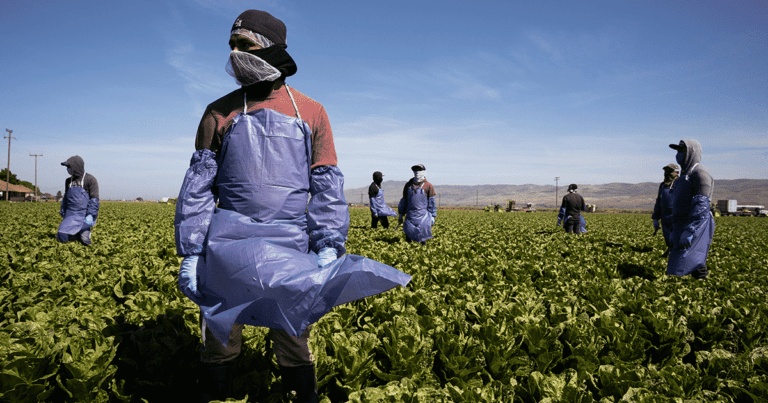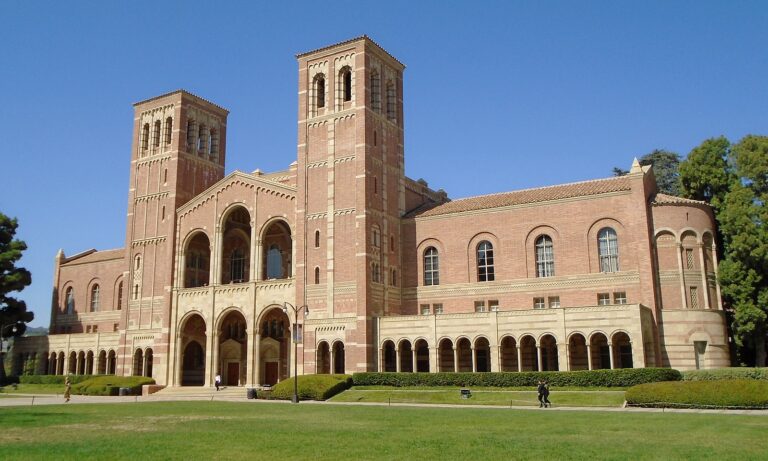Divya Nimmagadda is a student at Harvard Law School.
Yesterday, the union representing Dartmouth College men’s basketball players filed an unfair labor charge with the NLRB. The complaint states that the College has repeatedly refused to bargain, in violation of their legal obligation under the NLRA. Dartmouth released a statement explaining the refusal and underscoring their belief that college players should not be considered statutory employees – “Dartmouth’s decades-long commitment to athletics is an extension of our academic mission, and we maintain that the regional director made an extraordinary mistake in finding these students are employees. In March, we appealed the regional director’s decision to the full NLRB and continue to await their review. In the meantime, we have declined to bargain with SEIU Local 560 on this matter. It is an unprecedented step in Dartmouth’s long history of labor negotiations, but it is the only lever we can engage to ensure this matter is reviewed by a federal court. We expected this action would result in their filing an unfair labor practice charge with the NLRB, which they did and which we will also appeal.”
Though Dartmouth has bargained with other unionized student groups, they have taken a different posture towards the players. As the College noted in their statement, they had appealed the original decision to categorize the players as employees, and the NLRB has accepted various amicus briefs related to that appeal. Professional sports unions have filed on behalf of the players while the NCAA has filed a brief in support of the College. One way or another, this question will likely make its way to a federal judge.
Two prominent Canadian railways who are currently in the midst of contentious labor negotiations – Canadian National Railway (CN) and Canadian Pacific Kansas City – are planning worker lockouts scheduled to go into effect today. The Teamsters, representing various worker groups at the railways, issued a 72-hour strike notice this past Sunday ahead of CN’s lockout notice. This is the first time the country is facing a simultaneous labor stoppage at both railroads.
The union’s main concern is around scheduling procedures for rail workers. The Canadian Teamsters are asking for more transparency around scheduling, motivated by concerns around fatigue-induced safety issues. The union states that CN wants to include a forced relocation provision in the agreement which would force workers to move across the country to fill labor shortages. As for CPKC, the union states that the railway wants to “gut the collective agreement of all safety-critical fatigue provisions.”
Such a stoppage implicates serious economic consequences for the United States’ economy given the integration of railroad networks. Both the U.S. and Canadian Chambers of Commerce issued warnings earlier this week about the “significant impact” on the countries’ economies and industries. Union Pacific’s CEO issued a letter to the Canadian Labor Minister encouraging mitigation and emphasizing that up to 2,500 Union Pacific Railroad cars headed for the U.S. could be disturbed. However, despite similar pleas from other industries, Trudeau and his government, to date, have so far refused to intervene. The stoppage is expected to impact several industries, including chemical manufacturers and bulk products that move by rail, like timber, construction materials, coal, grain and fertilizer.






Daily News & Commentary
Start your day with our roundup of the latest labor developments. See all
August 23
NLRB: Amazon is joint employer of drivers; UAW threatens Stellantis strike; Canada intervenes in railway labor dispute.
August 22
Dartmouth College players union files an unfair labor charge and two prominent Canadian Railways are planning to institute worker lockouts.
August 21
Cornell workers on strike; California public agencies exempted from labor suits; Democrats push USPS for worker heat protections
August 20
Union leaders speak at the DNC; federal judge blocks the FTC’s noncompete ban.
August 19
DOL defends its new independent contractor rule in five separate lawsuits brought in courts around the country; AT&T workers across the Southeast are striking after alleged unfair labor practice during contract negotiations; UAW President Shawn Fain is slated to speak tonight at the opening of the Democratic National Convention
August 18
Harris to meet with Teamsters leadership; California captive audience ban clears hurdle; Texas sues EEOC over transgender employee guidance.